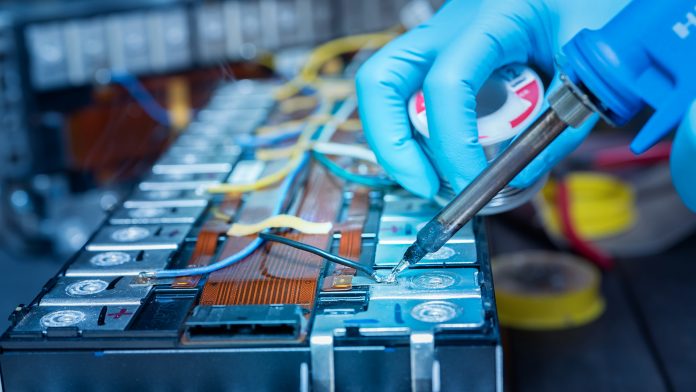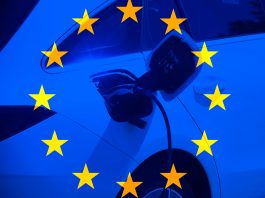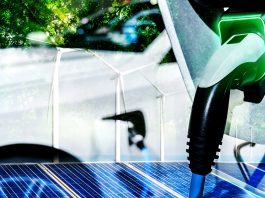Eramet and SUEZ have announced that Dunkirk will be the location for their collaborative EV battery recycling plant project.
The EV battery recycling plant, known as the ReLieVe project, will recycle strategic metals in a closed-loop process to help Europe meet its battery metals demand needed for the green energy transition.
Pioneered by Eramet, a European leader in mining and metallurgy, and SUEZ, experts in circular solutions in water and waste, the ReLieVe project will see the development of an upstream dismantling plant and a downstream metal extraction plant.
Speaking on the announcement, Christel Bories, Chair and CEO of Eramet, said: “The progress of the ReLieVe project confirms our desire to move forward with the creation of a battery recycling sector in France.
“New ‘urban’ mines are being set up on European territory: as a responsible mining player, our role is to develop this resource and give it a second life, with a considerably reduced environmental impact.”
Why Dunkirk?
The Grand Port Maritime de Dunkerque has been chosen as the site for the EV battery recycling plant. This location has been strategically selected due to being in the heart of ‘battery valley’.
This area, situated in the Hauts de France region, is home to multiple battery production plants that are due to open in the coming years.
To prove the viability of the project, a pilot plant will be developed at Eramet’s research centre in Trappes to test and validate the refining process on a pre-industrial scale.
Eramet has already secured €80m in funding from the European Union and BPI to finance pre-industrialisation studies, plant construction, and operating costs for the project’s first ten years of operation.
How will the EV battery recycling plant work?
The EV battery recycling plant will see the development of two facilities: an upstream dismantling plant and a downstream metal extraction plant.
The ‘upstream’ blackmass dismantling and production plant will have a processing capacity of 50,000 tons of battery modules annually – the equivalent of 200,000 EV batteries.
The ‘downstream’ hydrometallurgy plant will extract and refine the strategic metals in the blackmass, such as nickel, cobalt, and lithium, which will then be used to manufacture new batteries.
Sabrina Soussan, Chairman and CEO of SUEZ, commented: “With the rise of the electric vehicle market, the recycling of used batteries is becoming a key issue in the circular economy.
“As a leader in the waste sector, SUEZ provides innovative and resilient solutions to limit the consumption of virgin raw materials and secure supplies of secondary raw material.”
The final investment decision for the project is expected by the end of 2023 for the upstream plant, which has a target start-up in 2025. The final investment decision for the downstream plant is at the end of 2024, with a target start-up in 2027.









